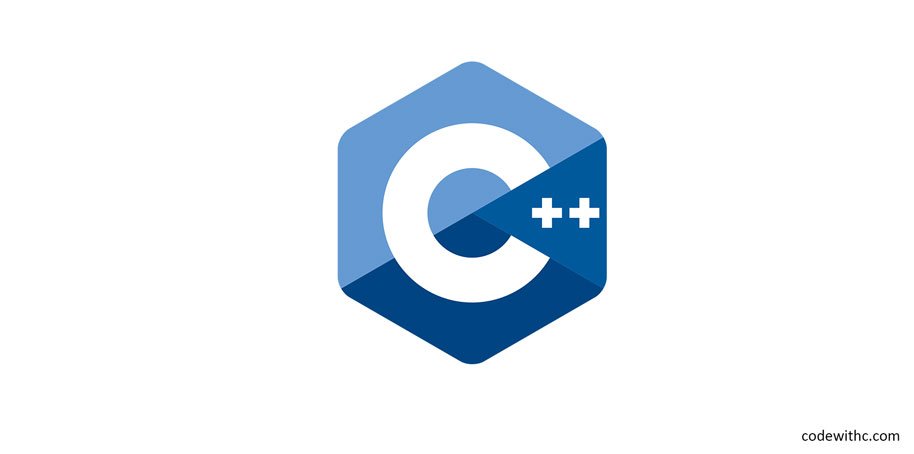Hello, tech enthusiasts! ? Ever tried finding your way through a labyrinth? The twists, turns, and dead ends? In C++, arrays and pointers can feel like a maze, but once you grasp their essence, they become your guiding star. Ready to chart your path?
Arrays in C++: The Treasure Troves
Arrays are like treasure chests in the vast kingdom of C++, holding multiple jewels (or values) within them.
Declaring Arrays: Unlocking the Chest
Before you can access the treasures, you need to have a chest, right?
int coins[5] = {1, 5, 10, 25, 50};
Code Explanation: Here, we’ve declared an array named coins that can store five integers. Think of it as a chest with five compartments, each holding a different coin.
Accessing Array Elements: Claiming the Jewels
With our treasure chest ready, it’s time to inspect the jewels!
cout << "The third coin is: " << coins[2] << " cents." << endl;
Expected Output:
The third coin is: 10 cents.
Pointers in C++: The Magic Wands
If arrays are treasure chests, pointers are like magic wands, giving us the power to directly interact with memory locations.
Declaring Pointers: Crafting the Wand
Every magician needs a wand, and in C++, this is how you craft one.
int score = 100; int* pScore = &score;
Code Explanation: Here, pScore is a pointer pointing to the memory address of the score variable. It’s like having a magic wand that knows exactly where your score’s treasure is hidden.
Using Pointers: Wielding the Magic
With a wand in hand, let’s see some magic!
cout << "Score's memory address: " << pScore << endl; cout << "Score's value using pointer: " << *pScore << endl;
Expected Output:
Score's memory address: 0x7ffde2a9a5a8 (This will vary each time you run the program.) Score's value using pointer: 100
Arrays and Pointers: The Dynamic Duo
When arrays and pointers team up, they create a formidable duo, capable of some intricate maneuvers.
Navigating Arrays with Pointers
Pointers can effortlessly move through arrays, accessing each element in turn.
cout << "First coin using pointer: " << *coins << endl; cout << "Second coin using pointer: " << *(coins + 1) << endl;
Expected Output:
First coin using pointer: 1 Second coin using pointer: 5
Alright, brave navigators, that’s our whirlwind tour of arrays and pointers in C++! It might seem like a maze initially, but with every twist and turn, you’ll find clarity. And here’s a snippet for your next tech chat – did you know that C++ pointers derive their concept from C, but with added features for safer memory operations?
In closing, arrays and pointers are the compass and map of C++, guiding you through your coding journey. Keep exploring, stay curious, and remember, every line of code is a step closer to the treasure. Until our next adventure, happy coding! ??️
